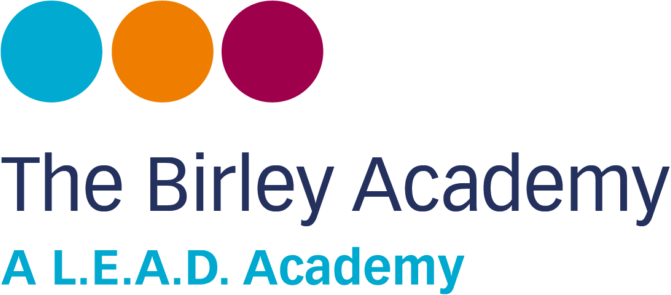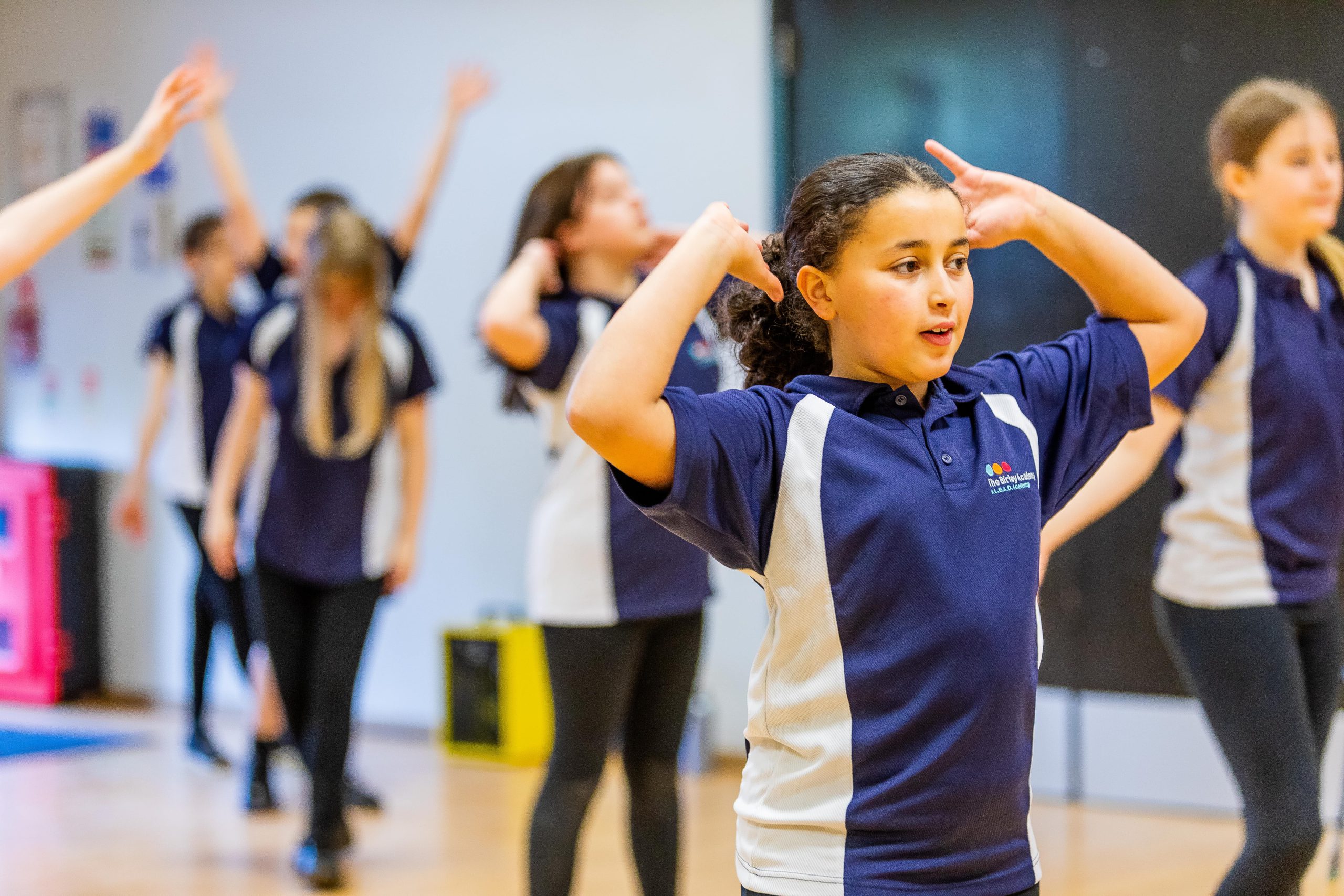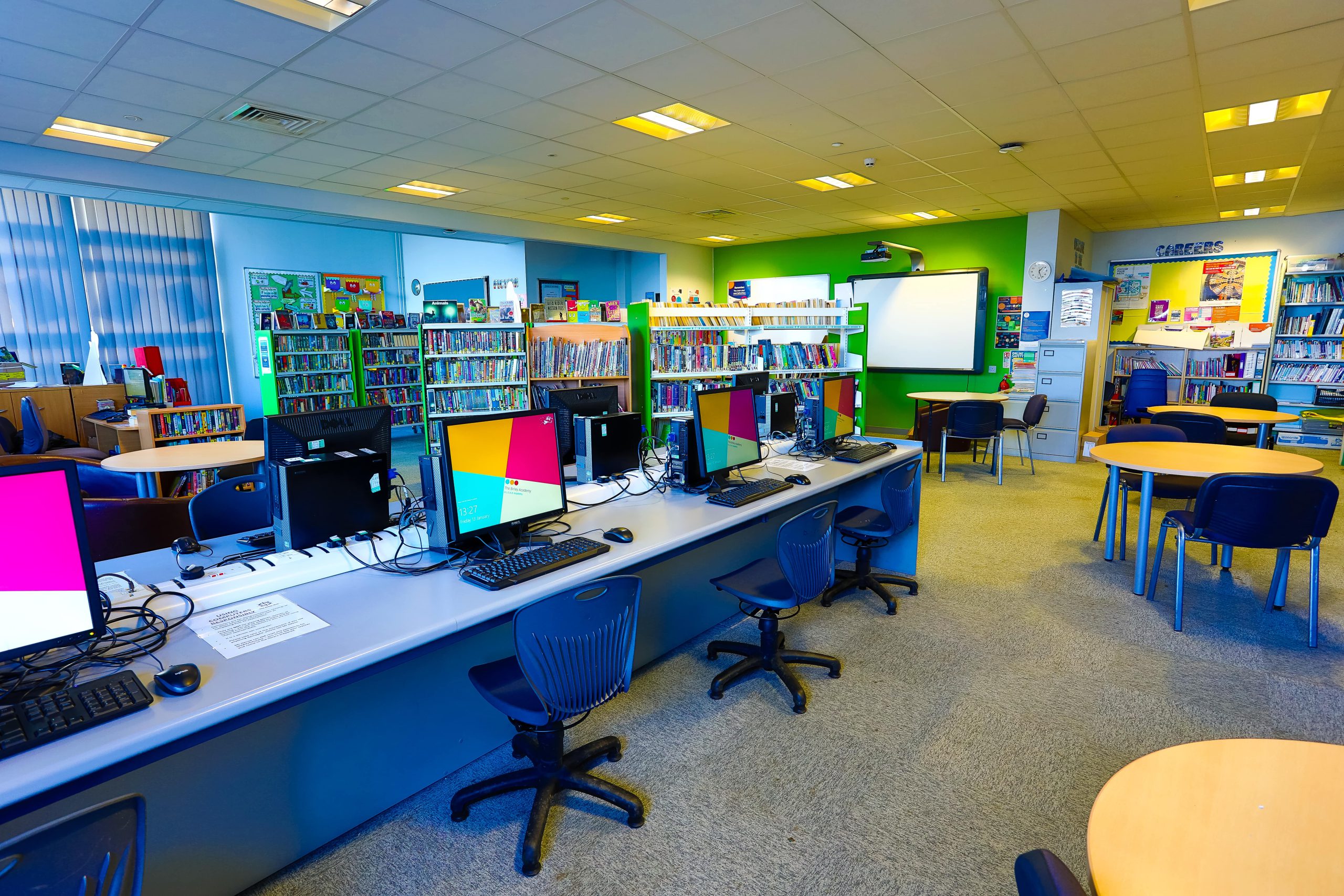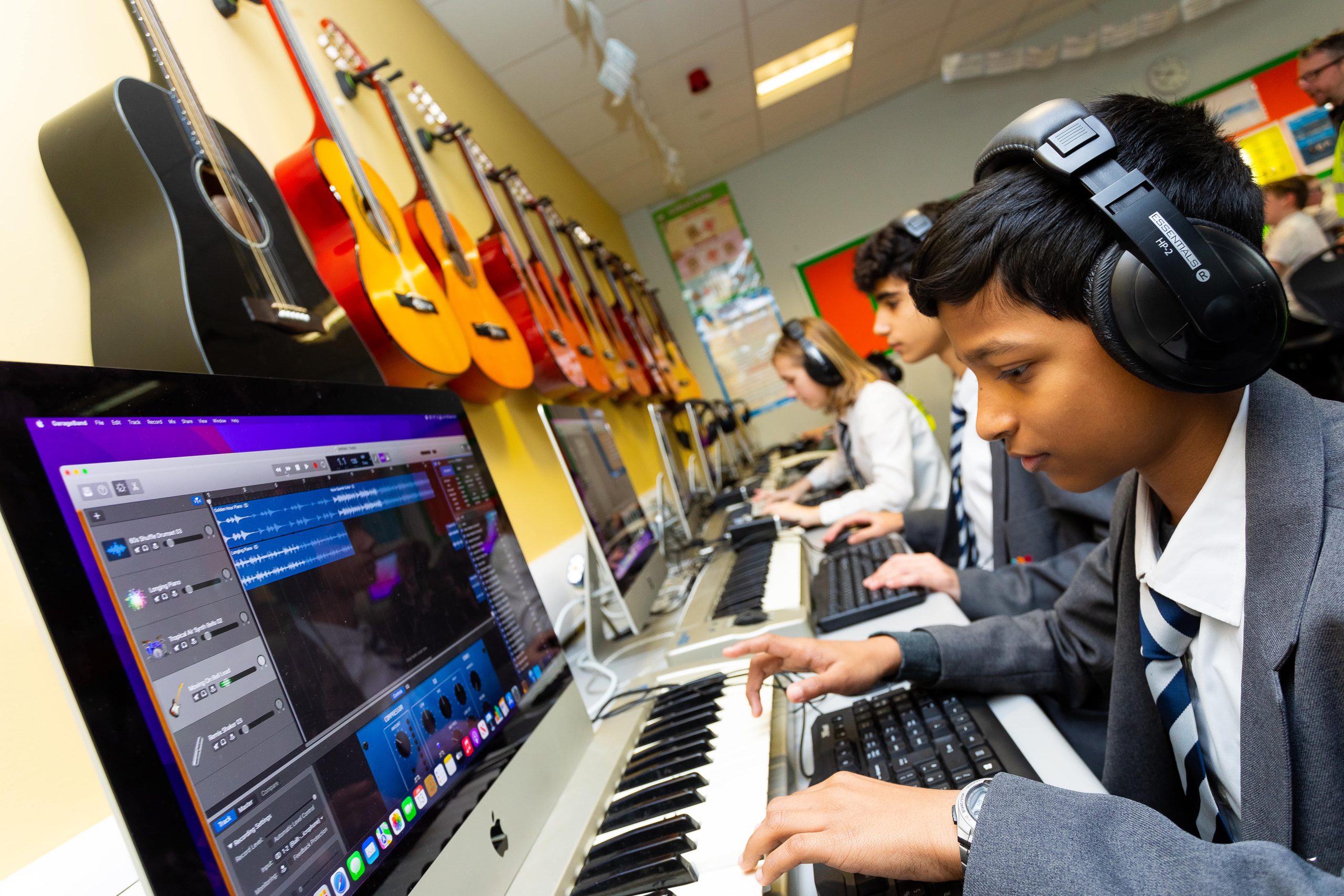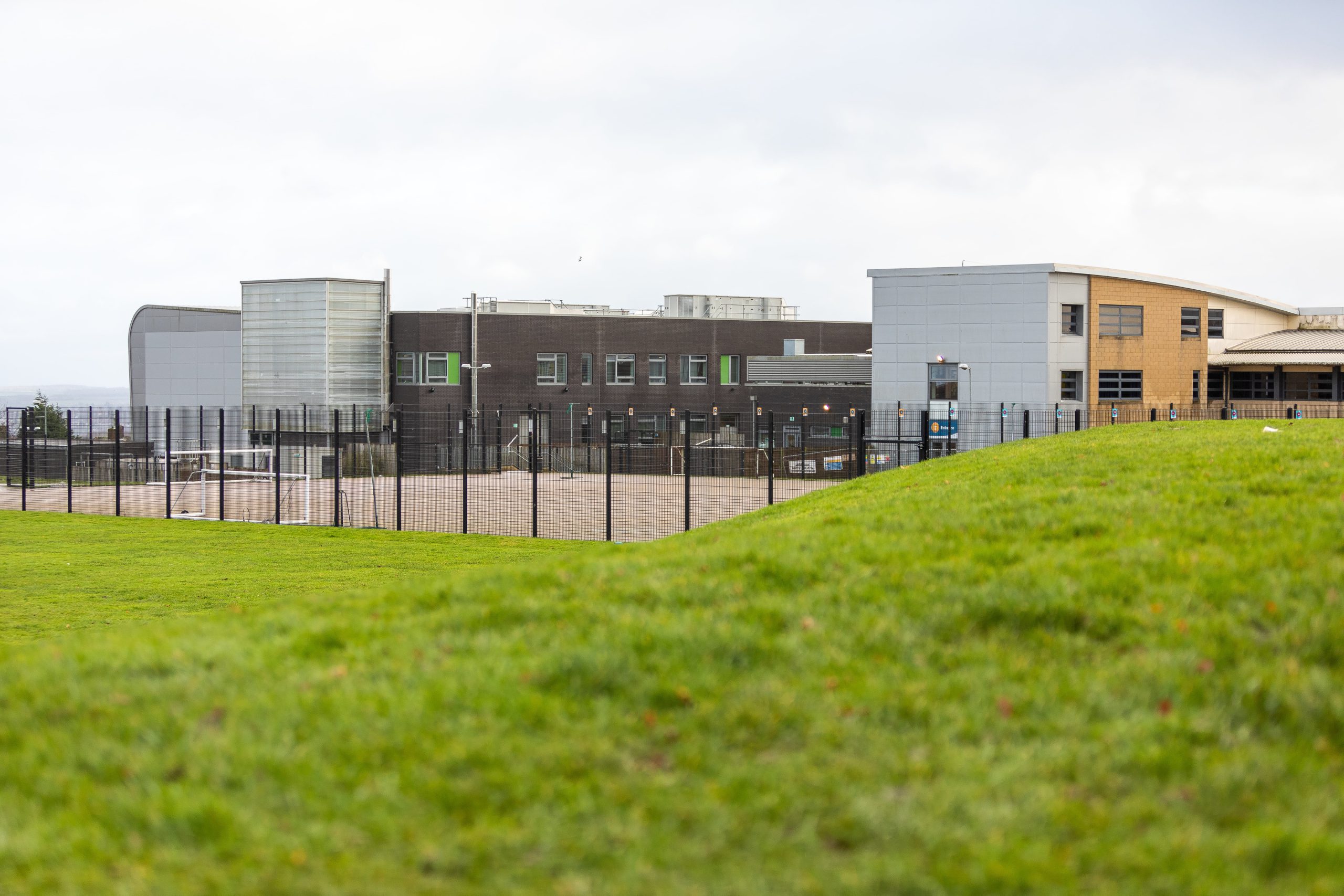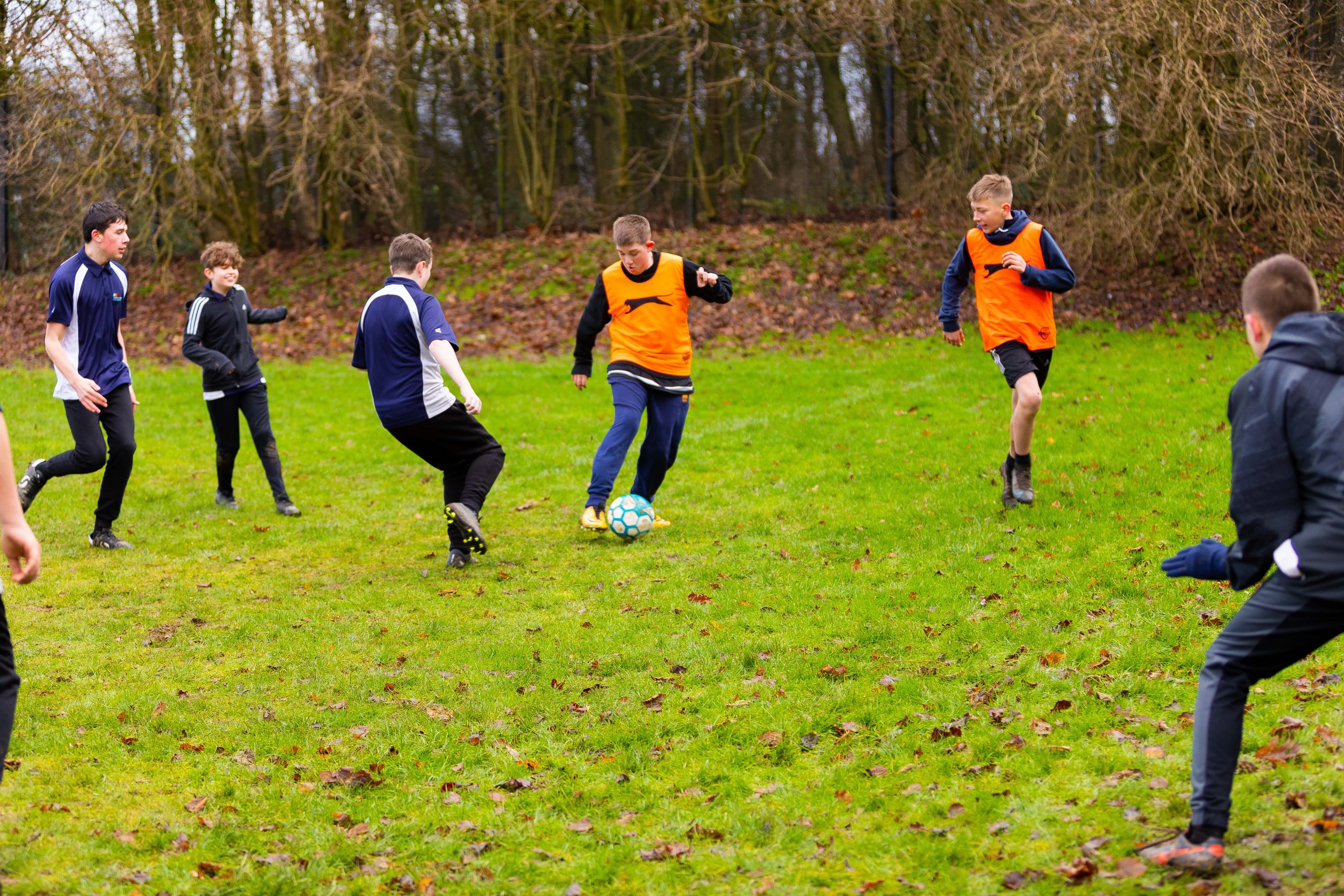Safeguarding and Wellbeing
Safeguarding leads
If you have any issues relating to child protection please contact:
Designated Safeguarding Officers: Jessica Abbott, Mark Jones and Theresa Clark
E-Safety for Parents
Children and young people spend a lot of time on-line, it can be a great way for them to socialise, explore and have fun. However, when using the online world, children do also face risks such as cyberbullying or seeing content that’s inappropriate.
At The Birley, we teach children to use the internet and technology safely throughout curriculum teaching and assemblies. We also have a variety of external speakers come into school to talk about keeping themselves safe online.
Understanding what children do online and the risks they face will help keep your child safe on-line. Children and young people go on-line to connect with friends and make new ones, to browse the internet for information, chat with others and play games. They may:
- search for information or content on search engines like Google and Bing
- share images and watch videos through websites or mobile apps like YouTube, Tik Tok and Snapchat
- use social networking websites such as Facebook and Twitter and Instagram
- write or reply to messages on forums and message boards
- play games alone or with others through websites, apps or game consoles
- chat with other people through online games, game consoles, webcams, social networks and tools like WhatsApp and Facebook messenger.
E-Safety Tips for Parents
- Facebook Safety Checklist
- Instagram Safety Checklist
- Snapchat Safety Checklist
- Twitter Safety Checklist
By understanding and talking about the dangers we help to make our students aware of the dangers and keep themselves safe, as well as supporting parents and carers to put in place safety measures.
All pupils are given advice and information shared on who they can go to if there is a problem with anything they do on-line. Posters are displayed in all classrooms and the main corridor safeguarding notice board to support pupils with keeping themselves safe. Further advice and guidance can be seen on the CEOP website or Sheffield Safeguarding website.
Please help us to share the message with pupils:
- to keep passwords safe and not share them
- make sure privacy settings on social media such as Facebook are set to private not public and check this regularly
- do not share personal information on-line
- do not accept friend requests from strangers and NEVER arrange to meet someone you have met on line without discussing this first with your parents
- tell an adult if anything they see on-line makes them feel uncomfortable, scared or threatened
- do not write anything on social media or by text that is unpleasant. We take peer on peer bullying very seriously and this often occurs by on-line means
- never send or share images of a sexual nature or images that may humiliate or harm others
- remember to report any worrying behaviour to an adult, one of the school’s Safeguarding Leads or using the CEOP button on our website.
National Online safety
NOS have produced a series of free online safety guides for parents. They cover things like MOMO, Fortnite, Instagram, KIK, Roblox, Snapchat, sexting, Twitch, Youtube, etc.
They are available here. No registration is required. They look like they are aimed at younger children, but the information is really useful.
Activity for children
BBC Bitesize has a great quiz to raise awareness of e-safety to young people.
Tips
Be involved in your child’s online life
For many of today’s young people, there is no line between the online and offline worlds. Young people use the internet to socialise and grow and, just as you guide and support them offline, you should be there for them online too. Talk to them about what they’re doing – if they know you understand they are more likely to approach you if they need support.
Keep up-to-date with your child’s development online
Be inquisitive and interested in the new gadgets and sites that your child is using. It’s important that as your child learns more, so do you.
Emphasise that not everyone is who they say they are
Make sure your child knows never to meet up with someone they only know online. People might not always be who they say they are. Make sure your child understands that they should never meet up with anyone they only know online without taking a trusted adult with them.
Know what to do if something goes wrong
Just as in the offline world, you want to help your child when they need it. See the section before for important to know when and how to report any problem.
